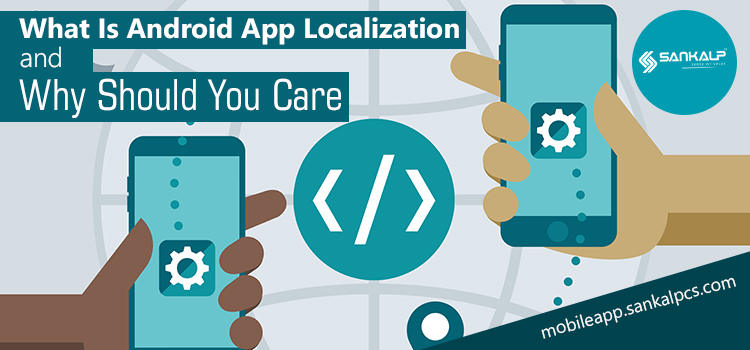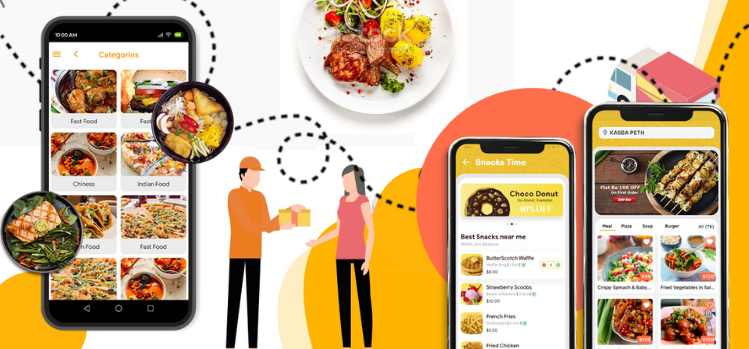The concept
As the name suggests, App Localisation refers to the process of adapting the language, culture and regional differences of any locality to target the users based there.
It is a well-known fact that smartphones have reduced the differences between people by bringing them closer to the global platform. If your app supports only the English language, it may be possible that you may end up losing a significant chunk of users.
The reason is apparent:
Not everyone speaks and understands English. So, the crying need of the hour is to include specific local components to increase the popularity of your app.
This is carried out through Internationalisation. It includes designing software that enables a mobile app to adapt to regional changes.
Thus, app localization is essential to register your app’s presence in the global market.

How can it boost your sales?
Localization empowers you to remove the cultural barriers and enjoy a massive score of prospective users of your mobile app. By adopting localization, it is possible for you to enter markets quickly and enjoy a high rate of traffic. It is a well-known fact that user engagement increases when they get content in their native language. App localization offers the tremendous opportunity of expanding the revenue generating capabilities.
What is the String Resources?
String resources act as facilitators to simplify the process of app localization. They may contain any data needed for localizing the content including sounds, layouts, and texts. The string resources include adequate data for the purpose. Whenever an app is used the Android fetches the localized string resources that align with the device configuration.
Frequent mistakes people make while localizing their app:
Let’s see some commonly prevailing errors app developers commit that hinder the app localization process.
- Not using separate files of resource strings: A common mistake is to insert text directly to the code without separating the strings. This typically reduces the speed of localization.
- Not creating space to contain the lengthy translations: Another issue is related to different language translations. Every language is different when it comes to complexity and conciseness.
- Not utilizing a specific locale property: Generally, during localization languages are defined and specified, but country code and other significant details are ignored that again create problems for localization.
- Not standardizing the encoding process: This leads to breakage in translations and corrupted characters when language is changed.
- Not giving importance to units, date, time and other metrics while localizing: Localisation involves adopting the culture and not only language. If a library is not used, time and unit conversions may cause a problem.
Tools to expedite app localization:
It is essential to employ reliable tools to localize your mobile app. Some of the commonly used tools that can help you with your efforts are discussed.
- OneSky: OneSky is a cloud-based platform used for managing localization and translation. It offers translation services in more than 40 languages.
- Transifex: Transifex is another cloud-based platform that provides comprehensive translation management services. The app offers seamless integration and real-time collaboration with app development toolkit.
- Applingua: Applingua is a leading localization tool that provides game localization services also. Known for its team of experienced professionals and native translators, Applingua is a good choice.
- PhraseApp: PhraseApp looks after the translation of the content into more than 36 languages with the help of a massive team of translators. The app offers UTF-8 support and slack integration.
- Tethras: Tethras is a cloud-based platform that provides translation and localization services in more than 50 languages.
When you operate in a digital economy where the number of smartphone users is rising sharply, it becomes imperative to build and market app globally. Why not take advantage of a growing economy?
However, cultural differences can act as a barrier when you try to expand globally. The key lies with app localization. Localize your app by embedding culture and language specific items to cater to the needs of users in different regions and countries.
The above article will help you when you move forward to localize your app. More Info







Add comment